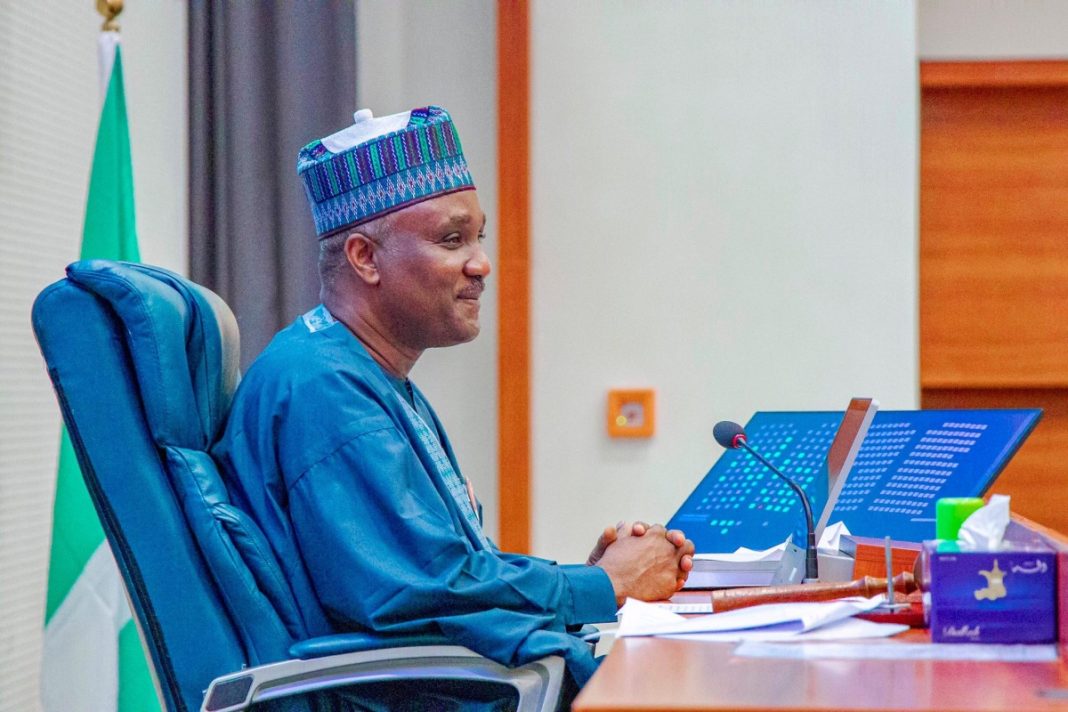ABUJA, Nigeria — A bill seeking to institutionalise the rotation of Nigeria’s presidency among the six geopolitical zones failed to pass through the House of Representatives on Tuesday, May 13, 2025, marking a setback for proponents of equitable regional representation in national leadership.
The bill, sponsored by Deputy Speaker Benjamin Kalu, was the only one of several rejected proposals that was debated during plenary.
It aimed to amend the constitution to ensure the presidency rotates among the country’s geopolitical zones in a bid to enhance national cohesion and inclusivity.
“This will enable every part of this country to contribute to the national leadership of this country,” Mr. Kalu argued while presenting the bill.
“There is no region that does not have capable people who can lead. It would increase national cohesion and national unity. What is good for the goose is also good for the gander.”
The proposal drew mixed reactions from lawmakers.
Sani Madaki, Deputy Minority Leader and member of the New Nigeria People’s Party (NNPP), opposed the bill, contending that zoning should remain a matter for political parties rather than be enshrined in law.
However, others spoke in support of the measure.
Minority Whip Ali Isa endorsed the bill, describing it as a mechanism to promote fairness and reduce marginalisation.
Clement Jimbo, representing Akwa Ibom, said the legislation could “cure an age-long injustice” by giving minority regions a fair shot at the presidency.
Mohammed el-Rufai from Kaduna expressed constitutional concerns, arguing that the bill might infringe on Nigerians’ fundamental rights to contest for the presidency.
Despite the lively debate, the bill was defeated in a voice vote.
The House also rejected several other constitutional amendment bills without debate.
Among them was a proposal by Speaker Tajudeen Abbas that sought to remove the power of the Independent National Electoral Commission (INEC) to register and regulate political parties.
This marks a reversal from March, when the House had previously approved a similar bill.
Other rejected bills included proposals to:
-
Create the office of a state auditor-general for local governments and FCT area councils,
-
Mandate a minimum of 100 judges at the Federal High Court,
-
Empower the National Judicial Council (NJC), in collaboration with the National Salaries, Incomes and Wages Commission, to determine remuneration for judicial officers and staff,
-
Establish Ughelli East as a local government area in Delta State.
The wave of rejections prompted Francis Waive, chairman of the House Committee on Rules and Business, to raise a point of order.
He requested that each bill be reconsidered individually, citing procedural concerns.
As a result, the House resolved that a motion should be proposed for the rescission of its decision, potentially allowing the bills to return for reconsideration.







![Honouring a Rare Soul: Celebrating the Life of AVM Terry Omatsola Okorodudu [MUST READ] Air Vice Marshal Terry Omatsola Okorodudu](https://www.thetrentonline.com/wp-content/uploads/2026/01/Joan-and-Bidemi-Okorodudu-The-Trent-100x70.jpg)